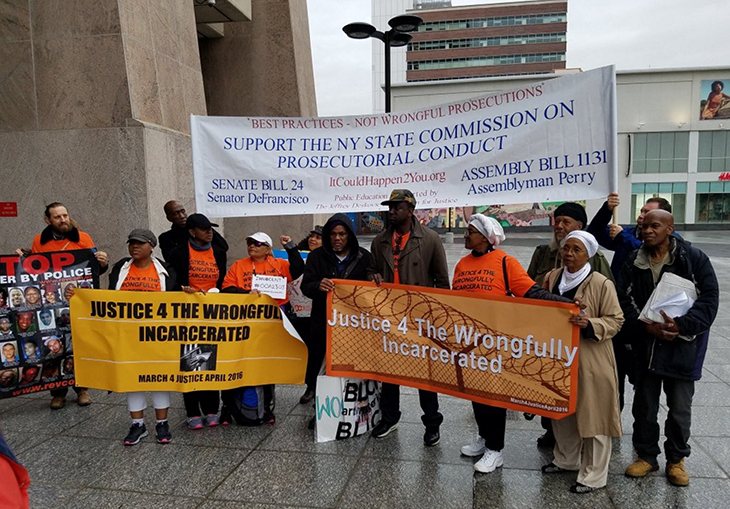
Have you ever heard of wrongful incarceration? It’s basically what it sounds like – someone being imprisoned for a crime they didn’t commit. Unfortunately, this happens more often than you might think, and many people are fighting to change that. Activism is one way these people try to get their message out and make a difference. Here’s a look at how activism is helping the wrongfully incarcerated and how the wrongfully incarcerated can get help now.
The Importance Of Activism And The Wrongfully Incarcerated
Wrongful incarceration is a massive problem in the United States. It’s estimated that tens of thousands of people currently in prison are innocent of the crimes they were convicted of. That’s a pretty staggering number, and it’s one that activists are working to change.
There are a few different ways that activism is helping the wrongfully incarcerated. One is by raising awareness of the problem. Many people don’t even know that wrongful incarceration is an issue, so activists are helping to make a difference by bringing attention to it.
Another way activism is helping is by providing support to those who have been wrongfully incarcerated. This can include financial assistance, legal help, and emotional support. This is crucial, as the wrongfully imprisoned often have difficulty getting the help they need.
Finally, activism is also working to make changes to the system to help prevent wrongful incarceration from happening in the first place. This includes changing laws and police procedures and increasing transparency in the criminal justice system.
The Innocence Project
The Innocence Project is a nonprofit organization that works to exonerate wrongfully convicted people through DNA testing and reform the criminal justice system to prevent future wrongful convictions. Since its founding in 1992, the Innocence Project has helped to exonerate over 375 people who were wrongfully convicted of crimes they did not commit.
One of the Innocence Project’s most notable cases is that of Timothy Cole. Cole was a 26-year-old African American man who was wrongfully convicted of rape in 1986 and sentenced to 25 years in prison. Cole maintained his innocence throughout his entire incarceration, but he could not prove it and died in jail before he could be forgiven. In 2009, Cole was posthumously exonerated by DNA evidence, and his conviction was overturned. His case helped lead to reforms in Texas’ criminal justice system, including creating an innocence commission to prevent future wrongful convictions.
If you or someone you know has been wrongfully convicted, the Innocence Project can help. Visit their website to learn more about their work and how you can get involved.
Wrongful Conviction Activism
Many organizations and groups are working to raise awareness about the problem of wrongful convictions and to advocate for reforms to prevent them from happening in the future. These organizations include Witness to Innocence, Justice Denied, and Centurion Ministries. There are also many books, podcasts, and documentaries about wrongful convictions, such as The Central Park Five and Making a Murderer.
If you want to get involved in wrongful conviction activism, there are many ways to do so. You can donate to organizations working on this issue, write to your elected officials about the need for reform, or share information about wrongful convictions with your friends and family. You can also attend events and rallies organized by these groups or even start your organization to raise awareness about this issue.
How You Can Help
There are many ways that you can help to prevent wrongful convictions and support those who have been wrongfully convicted. One way is to educate yourself and others about the problem of criminal convictions. You can also help organizations working to raise awareness and advocate for reform. Finally, you can donate to groups that provide financial assistance to wrongfully convicted people and their families.
While the problem of wrongful convictions is severe, there is reason to be hopeful. The work of organizations like the Innocence Project and the advocacy of individuals around the country are making a difference. With continued effort, we can ensure that justice is served and that no one is wrongfully convicted of a crime they did not commit.
Final Thoughts
The problem of wrongful convictions is a serious one, but there are ways that you can help to prevent them from happening. Educate yourself and others about the issue, and support organizations working to raise awareness and advocate for reform. You can also donate to groups that provide financial assistance to wrongfully convicted people and their families. With continued effort, we can ensure justice is served, and no one is wrongfully convicted of a crime they did not commit.


